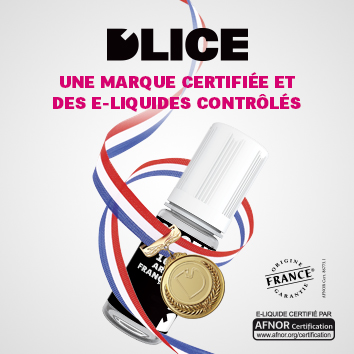Towards a regulation of the e-cig market in India?

 While India has more than 90 million smokers, the e-cigarette market is booming. But there are no regulation at a national level. The market has therefore been growing without any constraints for the past 10 years.
While India has more than 90 million smokers, the e-cigarette market is booming. But there are no regulation at a national level. The market has therefore been growing without any constraints for the past 10 years.
Contrary to traditional cigarettes, where sales are banned in many Indian cities and where health warning are mandatory, e-cig sales are not controlled. Kids and teenagers can freely purchase vaping products. Especially on the Internet where 30 to 50% of the e-cig and e-liquid sales take place. And the market is expected to continue growing. According to Infoholic Research, the e-cigarette market could grow by 54.1% by 2022 and reach $1,400 million.
In 2014, as part of the National Tobacco Control Program, the Health Secretary CK Mishra organized a round table on e-cigarettes. Participants were adamant. There was a need to implement “strong means to stop illegal import of ENDS (Electronic Nicotine Delivery Systems”. And since then, nothing really happened. The market has therefore continued to grow with no limitations, especially among young people with mint or sweets flavored e-liquids.
Local regulation initiatives are taking place
To make up for the lack of regulation at a national level, some states have decided to address the problem directly. In the Punjab state for example, e-cigarettes have been banned since 2013. This was thanks to a decision of the local State Drug Controlling agency. This ban is based on the fact that nicotine is today considered as a drug in India. Therefore, all products that contain nicotine should be approved by the authorities before their market launch. In April 2016, for the first time in India, an e-cigarette reseller was sentenced to a 3-year jail time.
It seems that the government is once again working on the subject. Last month, the Health Minister designed a work group to assess the impact of e-cigarettes on the Indian population and the need to regulate the market / ban e-cigarettes. Europe, where e-cigarettes cannot be sold to minors, and the US where the FDA will soon regulate the market approvals represent two strong examples for India.






